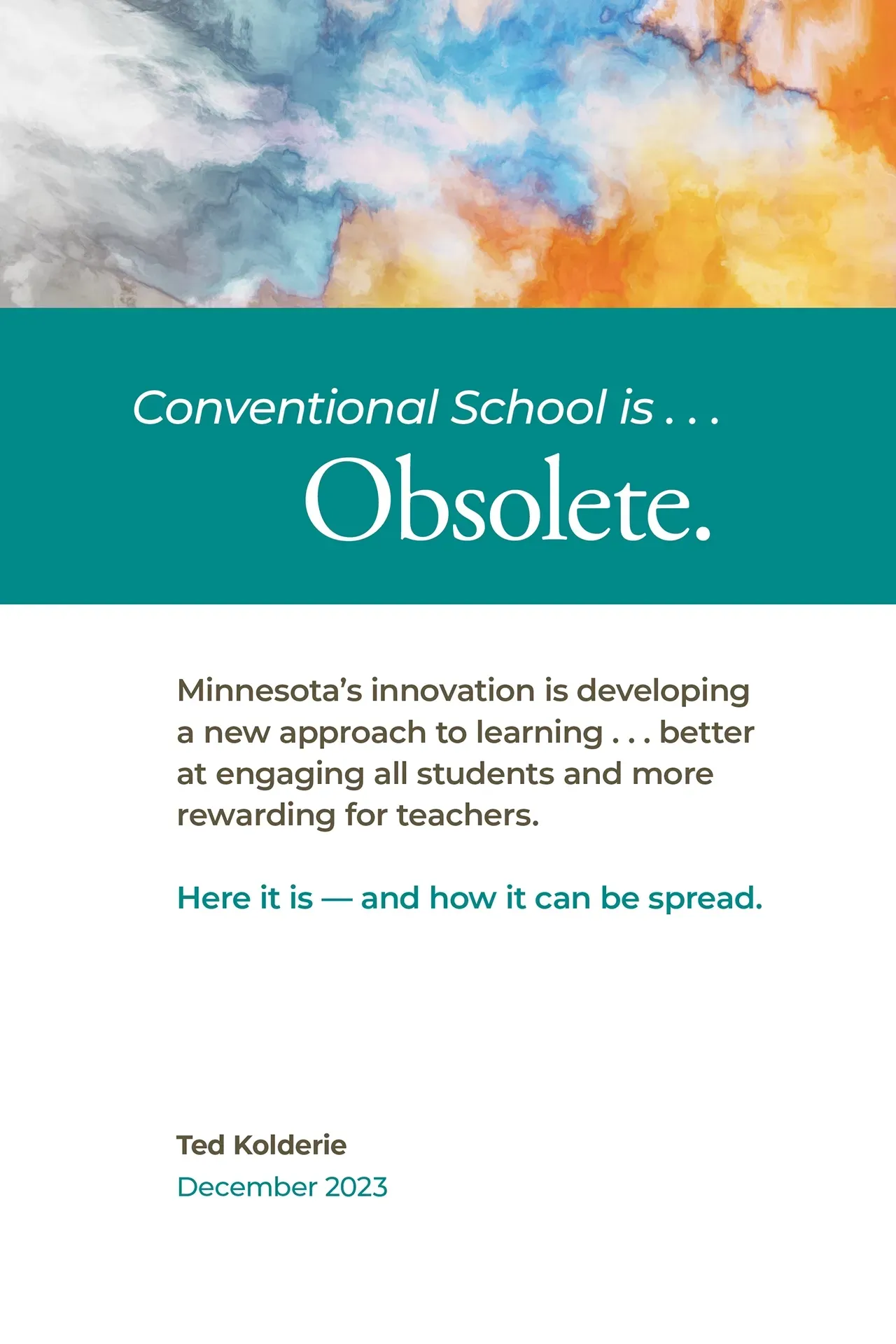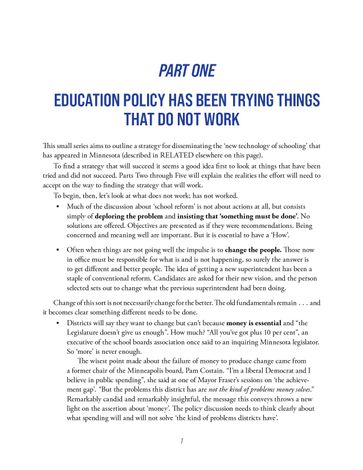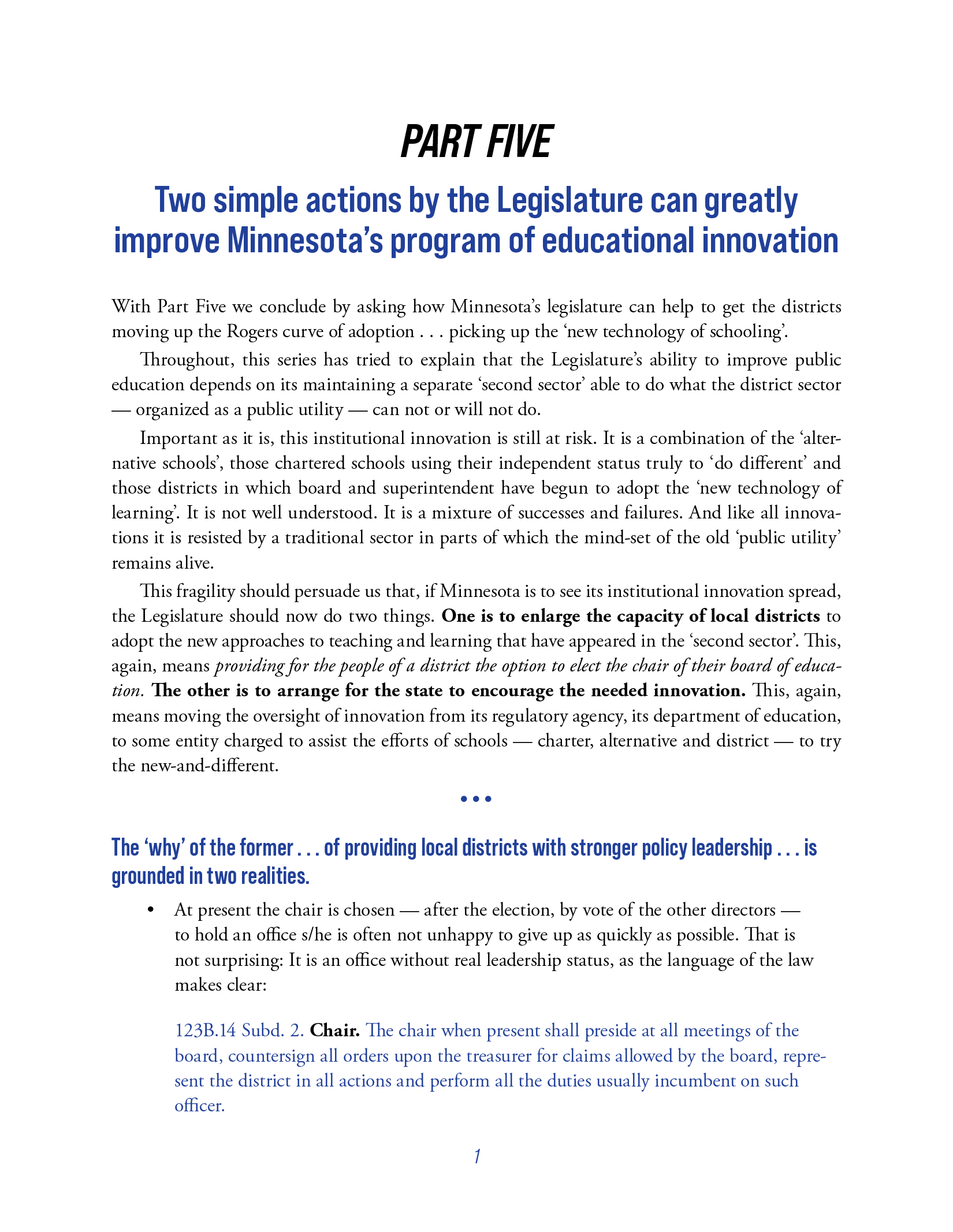Yes: Such a change is possible. All it takes is dropping the notion that everyone must move now to some one ‘right way’ . . . which simply means letting those committed to conventional schooling stay with what they prefer while letting those ready for change have the different model they prefer.
It means accepting the good sense in matching different forms of schooling to the differences among students, in the confidence that those now preferring conventional school will adopt the different as they come to see the ways it benefits them.
• • •
The success of this strategy of gradual-change was evident in the Economist’s obituary of Simon Groot, the Dutch ‘seedsman’ who transformed the quality of vegetables is southeast Asia.
Farmers there, with bad seed, had trouble selling what they grew, so remained poor. Using his experience in Holland with cabbages, Groot worked to show farmers in tropical Asia what hybrid seed, properly cultivated, could do. Most farmers were reluctant. Successful farmers trained their neighbors. It was clear the new vegetables were “healthy, profuse and vigorous”. Over 20 years farmer incomes doubled; even tripled.
I found much about Groot on the Web; even, to my surprise, that Economist obituary. Google ‘Simon Groot’ and you can read it all.
• • •
It might get you thinking about schooling . . . with its own long history of difficulty with change and improvement. It will surely get you thinking about the successful strategy of gradual change that occupied the lifetime of Everett Rogers . . . whose interest in 'the diffusion of innovation' began while watching farmers adopt — or not adopt — the improvements coming out of the experiment station in Iowa.
You can read about Rogers, can see his ‘curve of adoption’, in this little booklet suggesting that conventional school is Obsolete. Think about how the process he describes might be used today in education.
We don’t have to be trapped by the sharp disagreement between adults whose one ‘right way’ is to make conventional schooling more rigorous and the young people who want schooling to be related to their own interests to help them succeed in life.
It is OK to do both. Doing-both is what we should be doing.


